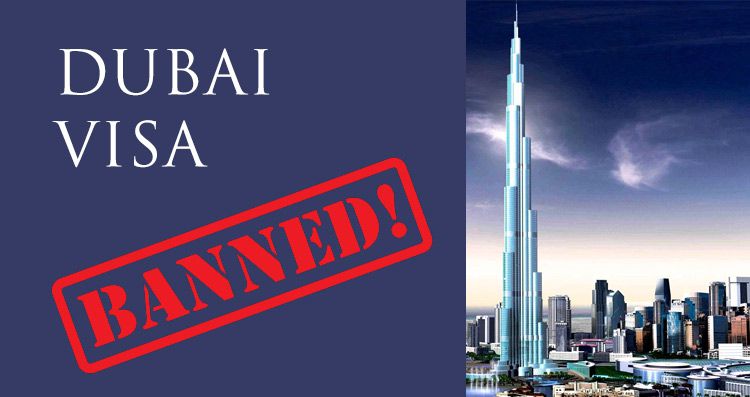What is a ban?
A ban is a legal mechanism that prevents a resident or an employee from re-entering the country, or from accepting a position with a new employer for a fixed period of time, usually for six months.
Permanent Residency Ban
A permanent residency ban is usually imposed for serious labour offences committed, particularly meant for illegal or absconding workers, illegal aliens or convicted felons. The Federal Department of Immigration maintains a file of fingerprint samples and retina scans of banned individuals.
Labour Ban
A labour ban is usually given under the following circumstances:
- When your contract expires and no action is being taken by your current employer pertaining to your employment or no new application by a different employer is filed for you.
- When you terminate an unlimited labour contract before completing one year of service.
- When you terminate a limited labour contract before its date of expiry.
To Avoid a Labour Ban
To avoid being banned, you should ensure that your current employer has taken appropriate action to extend your employment contract with the Department of Labour, prior to expiry of your labour contract. If you are undergoing a job change, ensure that your sponsorship has been transferred to the new employer; else, your Labour Card will be cancelled, or be banned.
In case, of an absconding employee, the employer will have to file an absconding case to get the visa of the employee cancelled, and to replace the employee. If not replaced, still, the absconding case will have to be filed, to get back the refundable bank guarantee paid for the employee. However, being an absconder, such an employee will be blacklisted and will not be granted any kind of visa to enter UAE in future. In case the employer fails to file an absconding case against the missing employee, as per UAE Labour Law, a minimum of one year ban would still be applicable.

There are 2 legal ways to avoid ban in 2017:
1. Mutual Agreement
2. Professional Qualification and New Salary
Mutual Agreement: Employees who decide to end or cancel their employment contract/ visa with the permission of their employers (companies) will be allowed to transfer to other employers (companies), even if they have not completed two years in their present company. The latest ban rule, announced in Jan’16 is based on mutual agreement, and that ban can be dismissed if the work permit or employmentare terminated on mutual agreement between employee and employer.
In short, ban may not be imposed in cases where the employer and the employee have mutually agreed to terminate the employment contract.
Professional qualification and new salary: Labour bans are also not imposed if, after termination of an existing employment contract, one is subsequently offered remuneration as per one’s professional qualifications. In other words, if you are holding certain education certificates, or your educational qualification meets the written levels mentioned herein, and your new company agreed to pay you the minimum salary as written below, then you will not have to worry about a ban.
The required educational qualifications are:
- Bachelor Degree (1st profession level) – workers possessing this degree will require atleast Dh.12,000 salary in the offer letter and contract from a new employer.
- College Certificate / Diploma (2nd profession level): Those holding this certificate or related diploma, minimum salary should be offered to you by your new company should be at least Dh.7000.
- Secondary Education Certificate (3rd profession level)
- Expats with Secondary Education Certificate should be given minimum Dh.5000 salary from the new company, and this salary should be written on employment contract.
No Labour Ban
Listed below are certain cases when a labour ban may not be imposed:
- A Labour ban (or immigration ban) will not be imposed on UAE nationals
- Expatriate workers moving into a government job will not be banned
- Oil company employees may not be banned
- Expat workers moving to another employer within the same free trade zone
- Expatriates who have completed a fixed term contract, and have submitted proper resignation notice
- Expatriates who have completed the one year term of an unlimited contract, and hold a NOC from the current employer
- Expatriates who are sponsored by their spouse for a residence visa
- Expatriates who have worked for a company for more than three years on unlimited contract